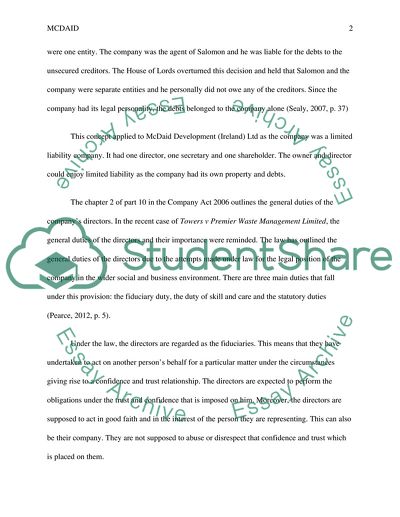Cite this document
(“McDaid Development (Ireland) Limited Assignment - 1”, n.d.)
McDaid Development (Ireland) Limited Assignment - 1. Retrieved from https://studentshare.org/law/1483828-company-case-study
McDaid Development (Ireland) Limited Assignment - 1. Retrieved from https://studentshare.org/law/1483828-company-case-study
(McDaid Development (Ireland) Limited Assignment - 1)
McDaid Development (Ireland) Limited Assignment - 1. https://studentshare.org/law/1483828-company-case-study.
McDaid Development (Ireland) Limited Assignment - 1. https://studentshare.org/law/1483828-company-case-study.
“McDaid Development (Ireland) Limited Assignment - 1”, n.d. https://studentshare.org/law/1483828-company-case-study.


